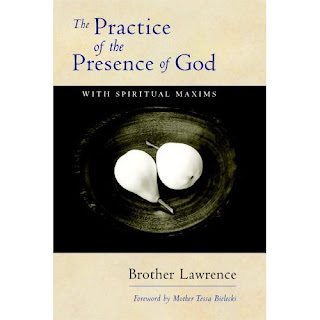
Known as Michealmas this day recalls the fact that we dwell in "this vale of sorrows" a place of spiritual conflict between the Kingdom of God and the powers of darkness.
Micheal along with Gabriel, Raphael and Uriel, is one of the four archangels revered in Christian tradition.
Michael the Archangel is no sweet cherub. He is traditionally known as the commander-in-chief of the heavenly host, a strong warrior and a presence who presides from on high.
Often depicted with sword in hand, subduing a dragon or with a snake under foot, Michael represents divine strength and courage in the face of evil. In Church tradition he is seen as a champion of the weak and sick, a defender of the oppressed and the righteous.
We find him in the Book of Daniel in chapters 10 and 12, where he is referred to as “the great prince, the protector of your people” (Daniel. 12:1). In the last book of the New Testament, Michael figures prominently in the great war in heaven: “And war broke out in heaven, Michael and his angels fought against the dragon.” (Revalation. 12:7)
Possibly because they are close to the skies, high places have been seen by Christians through the ages as strategic places to claim or capture. Hills mountains and churches at high altitude are often named after or deicated to Micheal. In the Celtic lands of Ireland, Scotland, Wales, Cornwall and Brittany, various high places are dedicated to St. Michael—Mont St. Michel off the northwest coast of France, for example.
His intervention is called to mind at the time of dying, carrying the soul saftley " a cross the river hard to see". This idea of Micheal as the ferryer of the dying soul is also reflected in the American spiritual "Micheal row the boat a shore". Milk and honey on the other side, Hallelujiah.
Among the Celtic peoples there was a clear awareness that, even though creation is good and comes from God’s own goodness, evil is in the world. They understood the patristic teaching that God’s gracious gift of freewill, allows room to choose life or death, bringing with it the risk of our choosing evil. Michael and the host of heaven were called upon in the face of “spiritual forces of wickedness that rebel against God,” and “the evil powers of this world.” (Book of Common Prayer, p. 302)
The prayers from the Hebridean tradition of Scotland invoke Michael’s protecting presence:
O Michael of the angels
And the righteous in heaven,
Shield thou my soul
With the shade of thy wing;
Shield thou my soul
On earth and in heaven;
From foes upon earth,
From foes beneath earth,
From foes in concealment.
Protect and encircle
My soul ‘neath thy wing,
Oh my soul with the shade of thy wing. (Carmina Gadelica III, 149)
As an angel of God, Michael rides the winds of God’s creative goodness, serving Christ, the living Word through whom all things seen and unseen have come into being. He accompanies us through the twists of life’s journey and the passage of death.
compiled from several sources
Graphic: Russian Icon. The Archangel Michael. 16th century












